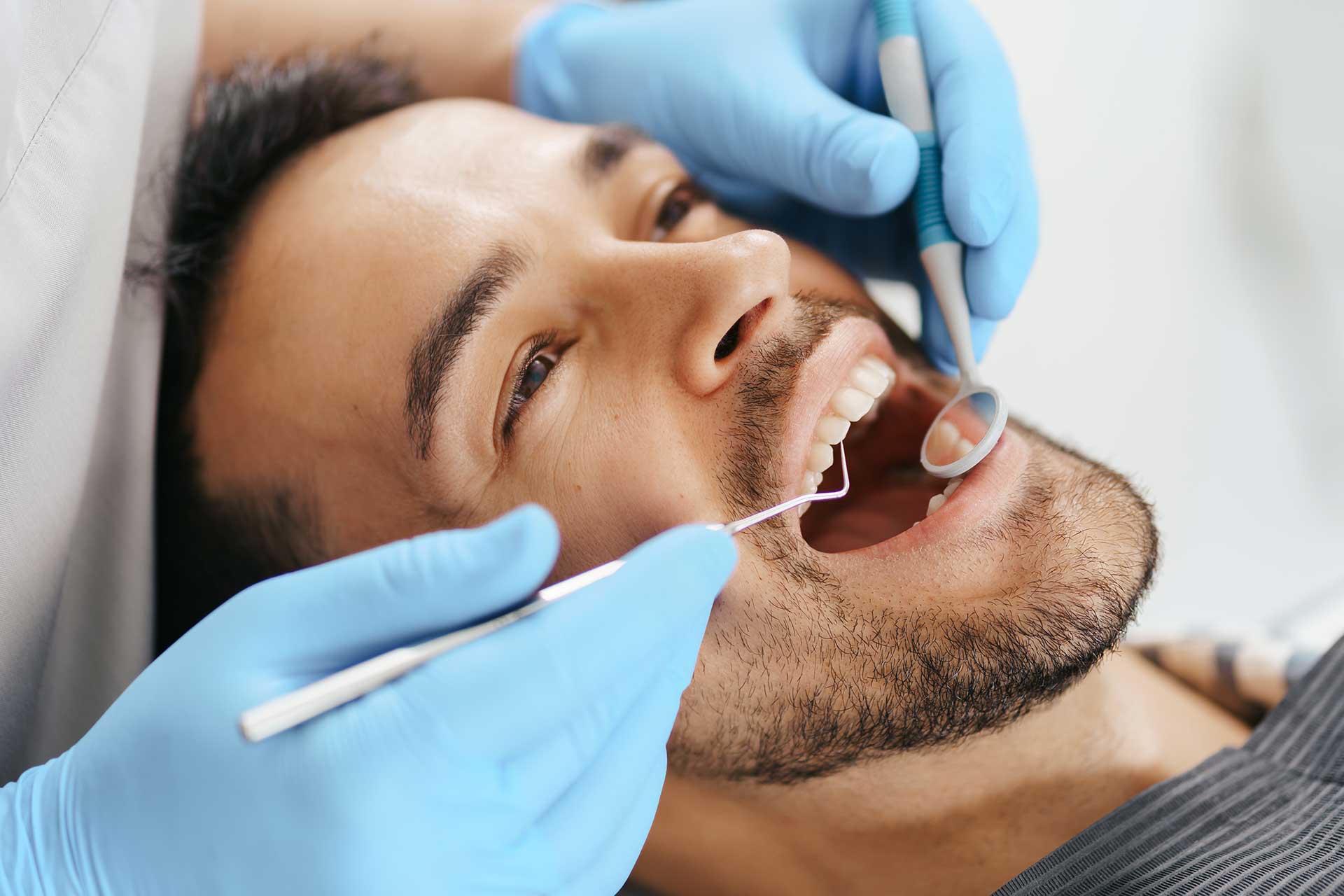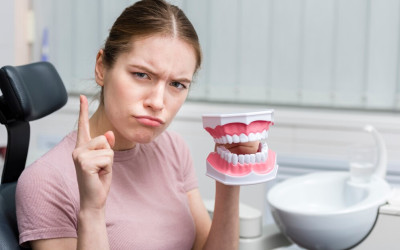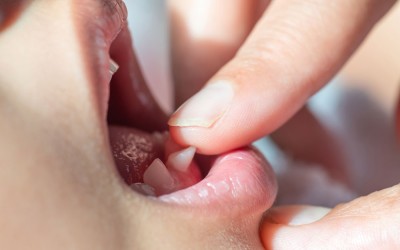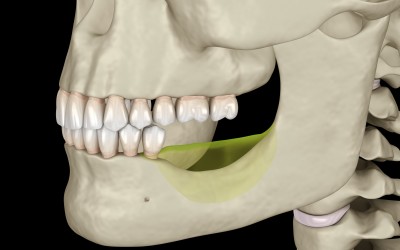Best Treatment Methods for Loose Teeth

Best Treatment Methods for Loose Teeth
- 24 August 2024
- 3913 views
Learn the best treatment methods for loose teeth. Discover recommendations for maintaining healthy and strong teeth now. Click now!
This content is for informational purposes only and does not replace medical advice, diagnosis, or treatment. Please consult a healthcare professional for any health concerns.
Table of Contents
Dental health is an essential part of our overall well-being. Strong and healthy teeth are crucial for comfortable eating and speaking in daily life. However, various reasons can cause teeth to become loose over time. Loose teeth can be both uncomfortable and indicative of serious health issues.
Causes of Loose Teeth
There are several reasons why teeth may become loose, including:
- Gum Diseases: Gum inflammation (gingivitis) and gum recession (periodontitis) are primary factors that cause loose teeth. These conditions weaken the tissues supporting the teeth.
- Trauma and Injuries: Sudden blows or accidents affecting the teeth can lead to loosening.
- Poor Oral Hygiene: Inadequate oral care can lead to plaque and tartar buildup, triggering gum diseases and causing teeth to become loose.
- Teeth Grinding and Clenching: Known as bruxism, this condition exposes teeth to excessive forces, leading to loosening over time.
- Nutritional Deficiencies: Lack of essential vitamins and minerals can negatively impact dental health, causing teeth to loosen.
- Osteoporosis: This condition weakens the jawbone, making it unable to support the teeth properly.
Treatment Methods for Loose Teeth
Effective treatment for loose teeth begins with identifying the underlying cause and developing a treatment plan accordingly. The most effective treatment methods include:
Professional Dental Cleaning and Gum Treatment
Gum diseases are the most common cause of loose teeth. Your dentist will perform professional dental cleaning to remove plaque and tartar buildup, treating gum inflammation. In more advanced cases, deep cleaning procedures (scaling and root planing) may be required to help gums reattach to the teeth healthily.
Treatment for Teeth Grinding and Clenching
Night guards are recommended for addressing teeth grinding and clenching issues. These guards reduce the pressure on your teeth, preventing them from loosening. Stress-reduction techniques (meditation, yoga) and muscle relaxant medications can also aid in treating bruxism.
Post-Trauma Treatment
If your teeth become loose after a sudden blow or trauma, you should see your dentist immediately. Your dentist may use a method called splinting to stabilize the teeth. This involves binding the loose teeth to neighboring teeth for support, accelerating the healing process.
Nutritional Adjustments
Balanced nutrition is essential for healthy teeth. Consuming foods rich in calcium, phosphorus, and vitamins D and C supports dental and bone health. Incorporate foods like dairy products, leafy green vegetables, fish, almonds, and oranges into your diet.
Advanced Periodontal Treatments
Surgical interventions may be necessary for advanced gum diseases like periodontitis. Surgical methods, such as flap operations, bone grafts, and soft tissue grafts, help restore the health of the gum and bone tissues.
Medication
Antibiotics and anti-inflammatory drugs can be used to treat gum diseases. These medications control infections and promote the healthy healing of the gums. However, medication should only be taken under the recommendation and supervision of your dentist.
Oral Hygiene
Maintaining good oral hygiene is crucial in treating loose teeth. Brush your teeth at least twice a day and use dental floss to clean between your teeth. Using antibacterial mouthwash can further enhance your oral hygiene. Additionally, visit your dentist regularly for professional cleanings.
Loose teeth can arise from various causes and lead to serious health issues. However, you can overcome this problem with the right treatment methods and proper oral hygiene. Pay attention to these tips for healthy and strong teeth, and preserve your beautiful smile!







